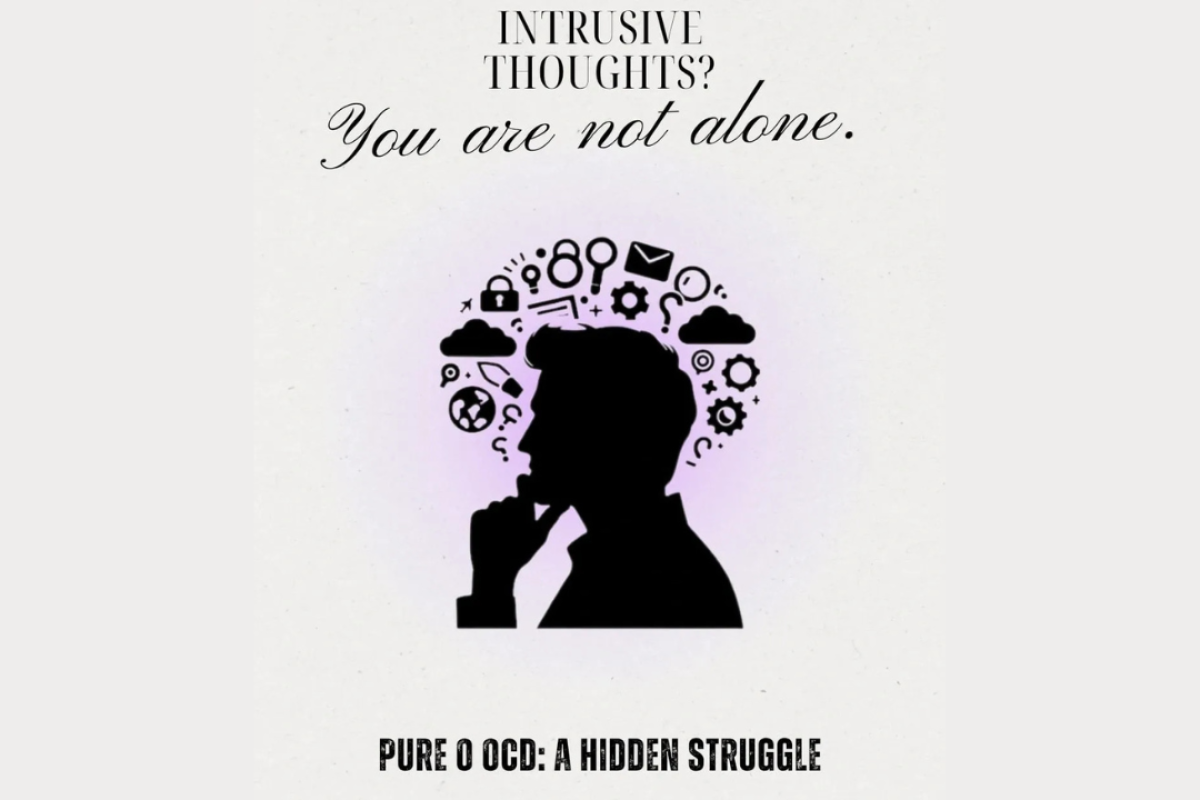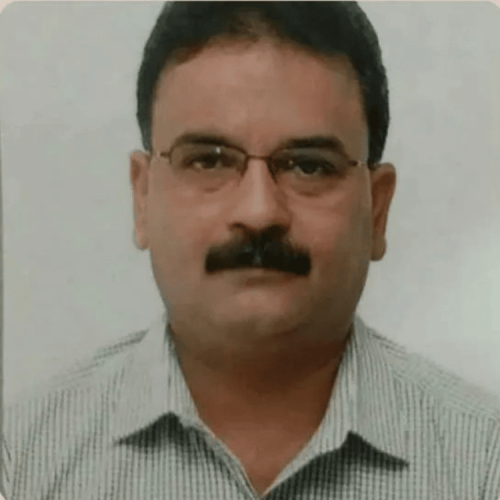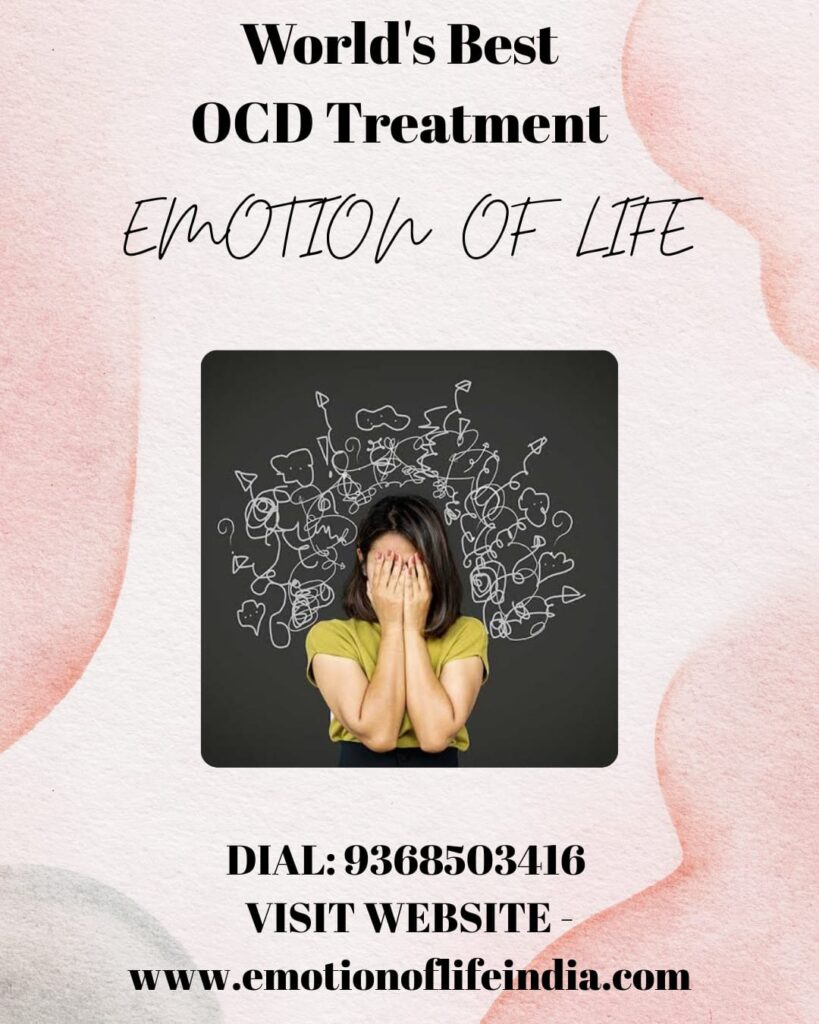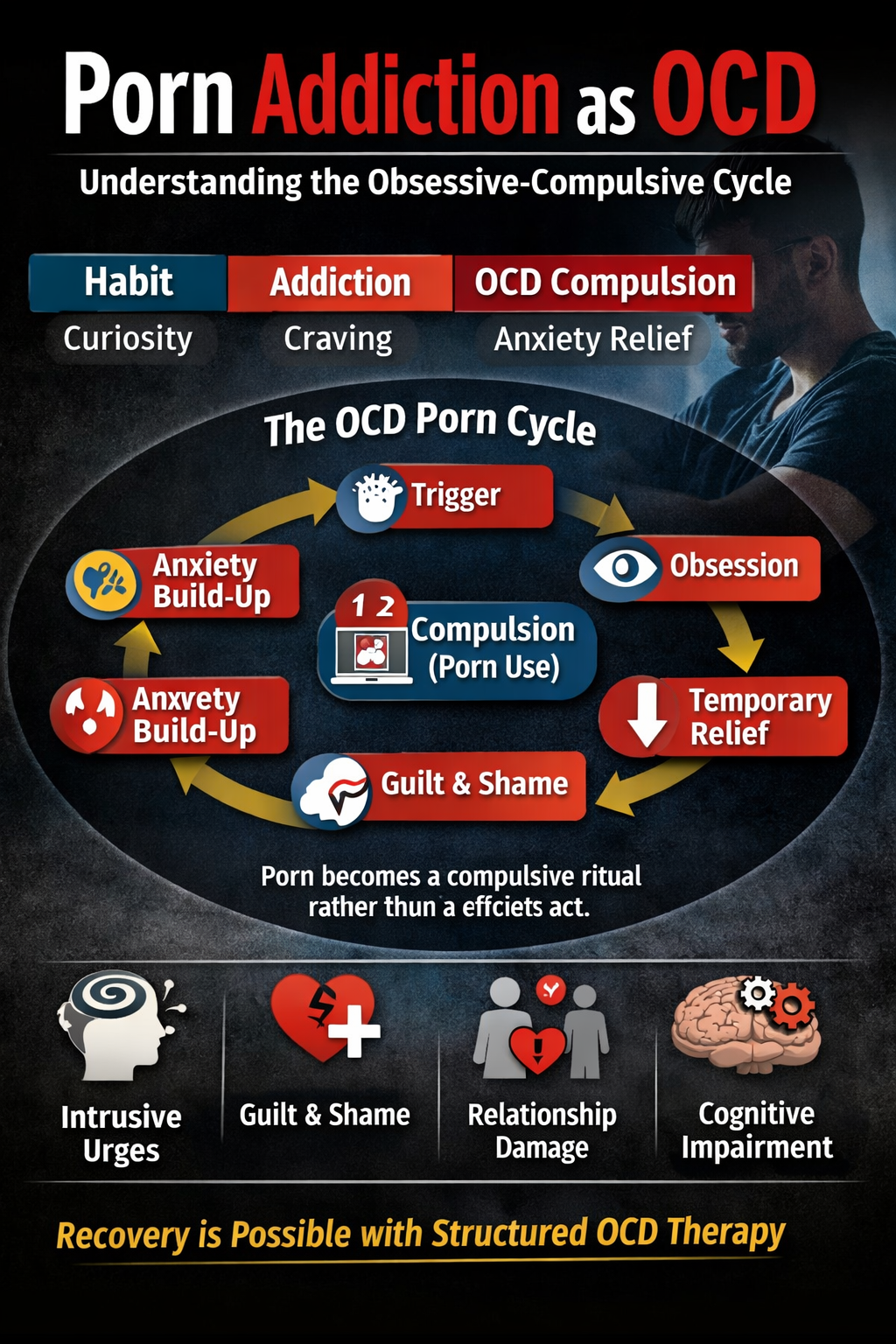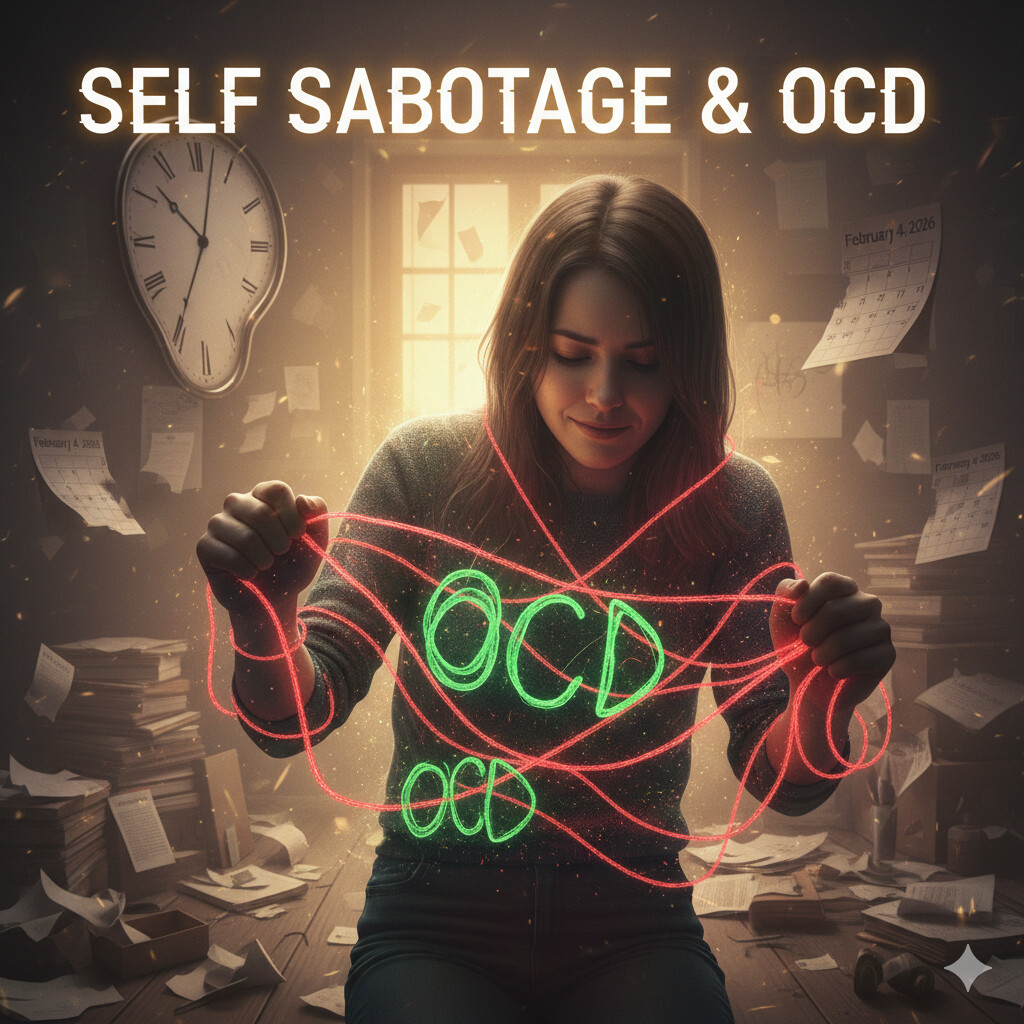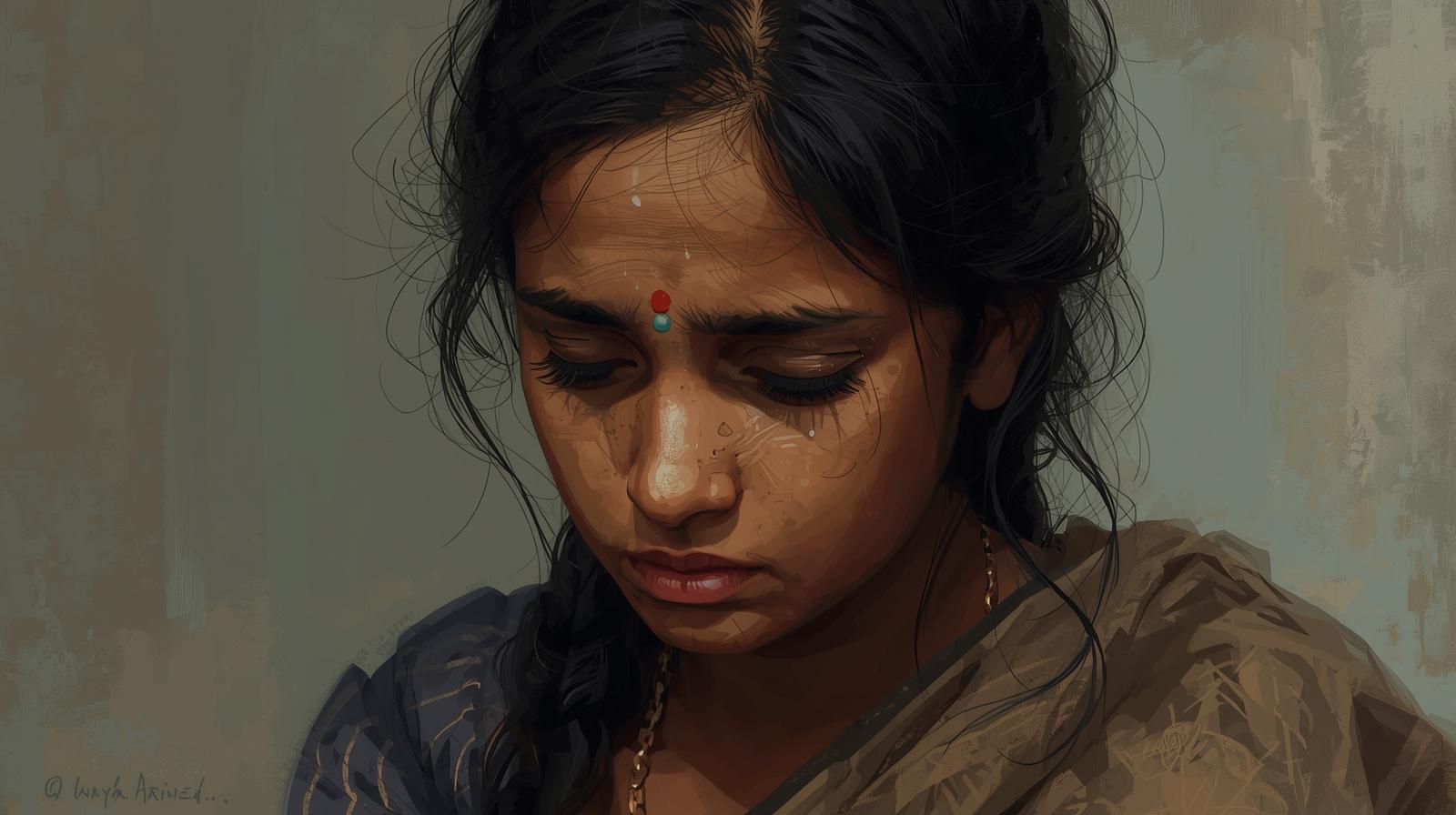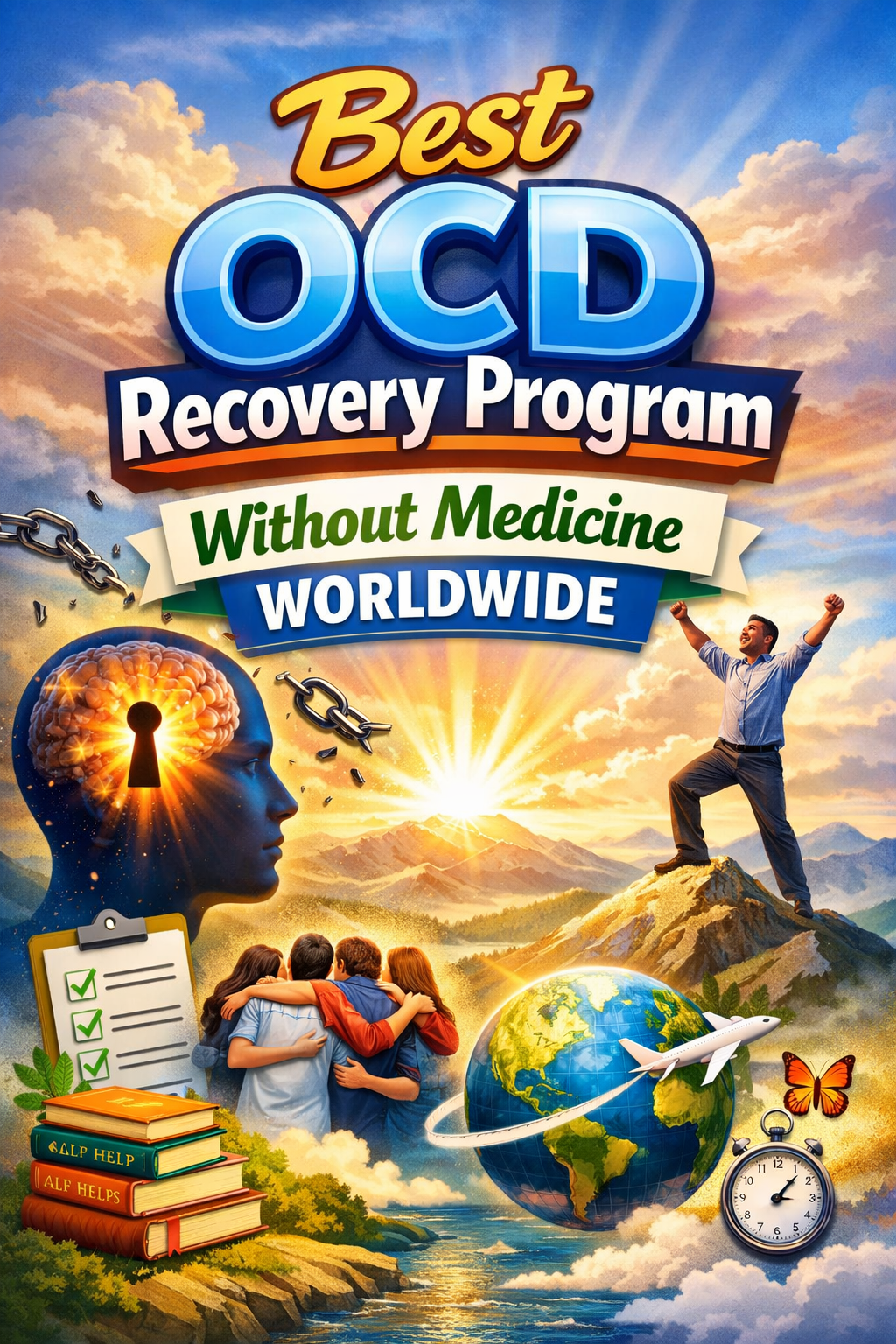Intrusive Thoughts OCD
Intrusive thoughts OCD are a common experience by most of us in human life, but for individuals with Obsessive-Compulsive Disorder (OCD), these thoughts can be overwhelming and distressing. One subtype of OCD, known as Purely Obsessional OCD (Pure O) also called Intrusive thoughts OCD, primarily involves obsessive thoughts rather than visible compulsions. This article explores Intrusive thoughts OCD, the characteristics of Pure O, its symptoms, causes, psychological and physiological effects, and non-medication-based management strategies.
What Are Intrusive Thoughts OCD?
Intrusive thoughts OCD are unwanted, distressing thoughts that repeatedly enter a person’s mind. Intrusive thoughts OCD often contradict an individual’s core values and beliefs, causing significant anxiety. While occasional intrusive thoughts are normal, those with OCD find them particularly troubling, leading to distress and compulsive behaviors aimed at neutralizing or avoiding them.
Intrusive thoughts OCD / Pure O
Intrusive thoughts OCD / Pure O (Purely Obsessional OCD) is a subtype of OCD characterized by obsessive thoughts without obvious external compulsions. Unlike traditional OCD, which involves physical compulsions (e.g., handwashing, checking, or organizing), Intrusive thoughts OCD / Pure O, manifests through mental compulsions.
Common Mental Compulsions in Intrusive thoughts OCD / Pure O
- Mentally reassuring oneself
- Avoiding certain thoughts, situations, or triggers
- Seeking reassurance from others
- Analyzing or trying to neutralize intrusive thoughts
- Engaging in self-criticism or self-punishment
While it may seem that Pure O involves only obsessive thoughts, mental compulsions play a crucial role in maintaining the cycle of anxiety.
Symptoms of Intrusive thoughts OCD / Pure O
Intrusive thoughts OCD / Pure O, is marked by persistent, intrusive thoughts that cause extreme anxiety. These thoughts often revolve around distressing themes, such as:
Common Themes of Intrusive Thoughts OCD
- Harm-Based Obsessions: Fear of harming oneself or others, despite no intention to do so.
- Sexual Obsessions: Unwanted, inappropriate, or disturbing sexual thoughts, causing shame and guilt.
- Religious or Moral Obsessions: Doubts about one’s faith, morality, or ethical beliefs, leading to anxiety over being “bad” or “immoral.”
- Symmetry and Orderliness: A compulsion for things to feel “just right” to prevent negative outcomes.
- Health-Related Obsessions: Persistent fear of illness or bodily harm.
These obsessions are not fleeting worries but repetitive thoughts that disrupt daily life and contribute to mental exhaustion.
Psychological and Physiological Effects of Intrusive thoughts OCD / Pure O
Psychological Effects
- Intense Anxiety: Constant distress over intrusive thoughts.
- Guilt and Shame: Feeling ashamed of one’s thoughts, despite no intent to act on them.
- Social Isolation: Avoidance of triggers, leading to loneliness.
- Depression: A sense of hopelessness from the continuous mental struggle.
Physiological Effects
- Muscle Tension: Physical discomfort from stress and anxiety.
- Fatigue: Mental exhaustion from ongoing intrusive thoughts.
- Restlessness: Feeling agitated and unable to relax.
- Difficulty Concentrating: Struggles with focus due to obsessive thoughts.
- Sleep Disturbances: Trouble falling or staying asleep due to persistent anxiety.
Causes of Intrusive thoughts OCD / Pure O
Pure O can develop due to a combination of psychological, environmental, and cognitive factors:
- Psychological Factors: Suppressed emotions, guilt, or unresolved distress.
- Environmental Triggers: Stressful life events (e.g., trauma, job loss, or the death of a loved one).
- Cognitive Patterns: Perfectionism, intolerance of uncertainty, and excessive responsibility over one’s thoughts.
How to Overcome Intrusive thoughts OCD Pure O, Without Medication
While medication may help to the extend but it cannot ensure you will recover completely with medicine, non-medication approaches are the first line of treatment for Intrusive thoughts OCD / Pure O.
The following methods have been proven effective for Intrusive thoughts OCD:
Cognitive Behavioral Therapy (CBT)
CBT helps individuals recognize that intrusive thoughts are simply thoughts—not reality. By reframing irrational thought patterns, individuals can reduce their emotional reaction to them.
Exposure and Response Prevention (ERP)
A specialized form of CBT, ERP involves gradual exposure to anxiety-inducing thoughts while preventing compulsive responses. Over time, this weakens the power of intrusive thoughts.
Acceptance and Commitment Therapy (ACT)
ACT encourages individuals to accept their intrusive thoughts rather than fighting them. It teaches that thoughts are temporary mental events and do not define one’s identity.
Mindfulness and Meditation
Practicing mindfulness helps individuals observe thoughts without judgment. Meditation improves emotional regulation, reducing the distress caused by intrusive thoughts.
Thought Diffusion
Techniques like saying, “I’m having the thought that…” instead of “I believe…” help create emotional distance from intrusive thoughts, reducing their impact.
Family Therapy and Education
Educating family members about OCD helps them provide support without reinforcing compulsions, creating a healthier environment.
Lifestyle Changes for overcoming Intrusive thoughts OCD / Pure O
Implementing daily lifestyle changes can further support mental well-being:
- Regular Exercise: Releases endorphins, reducing stress.
- Balanced Diet: Nutrient-rich foods improve brain function and emotional stability.
- Structured Routines: Engaging in meaningful activities fosters a sense of purpose.
- Physical Activities & Sports: Healthy distractions from obsessive thoughts.
- Spiritual Practices: Meditation, prayer, or reflection can reduce anxiety.
- Upgrading Philosophy Of life: to get rid of Intrusive thoughts OCD Happiness is a choice and it’s your responsibility, Life’s a journey keep it lighter, Life is for celebration, Mind your own business, Always listen other’s input and seek guidance, Past is an experience Present need to live at our fullest and future need to plan, Taking care of Soul is a must work, You become what you feed your brain, Life is short to worry about nonsense things so have fun and regret nothing.
- Engaging in Hobbies: Creative or productive activities help divert focus from distressing thoughts and finally help in overcoming Intrusive thoughts OCD.
- Building Strong Relationships: Strengthening social connections prevents isolation.
- Proper Sleep Routine: Ensuring adequate rest supports emotional balance.
- Deep Breathing & Relaxation Techniques: Methods like progressive muscle relaxation and yoga help alleviate anxiety and Intrusive thoughts OCD.
Case Study (Success Story) of a Doctor From Central India
A 48-year-old male doctor, married to a doctor and father of two, had a successful medical career but struggled with intrusive thoughts for seven years. He had been on medication for three years before seeking help from Emotion of Life to over successfully his Intrusive thoughts OCD. Below in the table, mentioned the client’ concerns and what he has learned in 4 weak interventions under OCD recovery without medicine.
Area of concern as Intrusive Thoughts OCD and client Learning During The Recovery Journey of Intrusive thoughts OCD Recovery as Treatment process.
Why do people’s behaviour change from time to time as Intrusive thoughts OCD?
Life cannot be the same for anyone and life is different for everyone all the time. People grow and evolve during their life journey, as a result people’s opinion, view priority changes, so change in people’s behaviour is very obvious and one needs to accept these changes and accommodate accordingly instead of getting hurt. It’s everyone’s part of life.
Despite many problems, why are people living as Intrusive thoughts OCD?
Life is a beautiful gift of god, having difficulty and problems is part of life. Because of difficulty we cannot stop living life. Up and down is part of life. 28% of Indian population is still below poverty life that does not means they will die and stop living life, when resources are less people have two choice that they opt either accommodate their need based on availability or choose to earn so can have better life.
3.Why in life rich people are considered to be happy people as Intrusive thoughts OCD?
Human life have long list of needs in their day to day life, to avail and fulfil different need one has to earn and become better in financial condition, means whosoever will have resource they will be able to live decent and easy life, so that’s why it’s a usual goal in human life to become rich that’s why its consider rich people will be happy but a poor person can also be happy based on their understanding about life.
Why is there a difference in people like some are smart and intelligent and some are dumb as Intrusive thoughts OCD?
Its depend on genes, social economic environment, parenting style, and the way a person has explore their life, more a person has exposure more they will be smarter, people who have opposite of this will not be growing like others. So that’s why people are differ in terms of smartness and intelligence. You put better efforts, you get the best possible resources that’s why you become doctor not all your classmate in school become doctors,
Why is fame needed as Intrusive thoughts OCD?
Fame is considered in society as better than others status, people who contribute in society, do innovation are recognized as contributions in society, along with that financial status also enhance person fame so simply whosoever is better than others they will be recognized and will get fame. A person who is not doing better than others will recognize their efforts and a person with less effort cannot get fame compared to the person who is doing better than others. It’s simple to reward and recognize personal efforts.
Why does competition exist in this world as Intrusive thoughts OCD?
Competition concept is simple again to recognize the efforts of person who did better than others, suppose if everyone efforts is consider as same the end of
Why gender variation as male and female as Intrusive thoughts OCD?
This universe is created by god to function it well, as a doctor you can understand if there will not be 2 gender how reproduction will happen so make this universe god has privilege all of us with male and female gender if only 1 gender or no gender situation happen than imagine how many other many social problem we will encounter in life.
Why sex determination happen? (why son and why daughter?) as Intrusive thoughts OCD
It’s not everyone want this, it’s because of culture usually girls are considered as burden in Indian society if you go to western culture they does not have any such need of sex determination western people are absolutely fine with both sex as a new child because for them girls are not a special like things happen in Indian culture
Parent/children relationship, why there’s difference in love and affection labels between mother and father as Intrusive thoughts OCD?
As children most of the time remain connected with mother and mothers are usually available for children and father is usually remain busy in earning outside home so children connect with mother more and father are usually not able to connect because of time lacking that’s why such difference in affection level between parents in children life happen. To address this man as a father also needs to devote time with children.
Why we need to become popular as Intrusive thoughts OCD
Popularity cannot be achieved without good actions and contribution in your domain, when people do better than others and when others in society acknowledge the work than popularity comes, it is not a must aspect in human life, there are people who work in silence as good work do not prompt themself intentionally. So it’s all about a specific person’s need related to popularity, if one will not do something unique then usually popularity is not possible. So it’s up to a person what they want, good work when acknowledged by other than popularity happens else not.
I have frequent thought why there is difference in genital size (small or large) as Intrusive thoughts OCD,
As a doctor you can understand the difference in genital size is all about genes and individual interest in sexuality. Majorly its related with family genetics, and the fact is that a small size genital is also able to perform sexuality and reproduction and parallelly a large size penis may not be able to perform sexuality and may be unable for reproduction, these are two aspect as function of genital and size not matter much in real world it’s up to the understanding of person about genital.
This date is good that date is good as Intrusive thoughts OCD
All the days and dates are the same. It’s all up to a person what they have been given orientation about days and dates, same day and date can be good for one person and same date and day may be bad for others. On same date and day one will get new opportunity and on same day and date someone may lose his work and opportunity, so there is nothing good or bad in day and date. All are equal how and what you are considering in day and date context; it’s up to a person’s personal view.
Why research is required when everything is true in god’s hand as Intrusive thoughts OCD
Research is required to be a better version of the past based on research finding. Research is conducted to serve human life better things about if research might not give us that number of medicine to treat patients now was not available a few decades before now as a doctor you are better equipped with new medicine compared to old generation doctor. Same way because of research in technology we are doing your session serving 1200 km away on a laptop. So all advancement has happened because of research only. So it’s needed only. God has created this universe even though things are in God’s hand and predestines everything humans are supposed to keep growing and becoming better day by day.
Why I am not able to follow healthy lifestyle as Intrusive thoughts OCD
You are not able to follow healthy lifestyle as you are too much busy in your medical practice you leave house by 8.30 AM to reach hospital on time and you come back by 10.45 Pm so how you will manage lifestyle. You are a professor, handling your own clinic, going to 2 other hospitals so just because of over engagement as a medical practitioner you are not able to follow a healthy lifestyle. As you recognize this as a need now you can reduce your medical practice time and can start living a healthy lifestyle.
So after all these discussion throughout the 4 weeks duration the client was able to control his intrusive thought completely on these 14 issues as a problem and now after 3 years in follow up session, he is completely out of these intrusive thought and living happy and comfortable life., Success of this client recovering from intrusive thought OCD belong to Emotion of life daily session model and client commitment on coming for session without any missing session in 4 week so the cognitive restructuring happen. Primary principle of CBT, ERP, ACT and thematic counselling used and result is a complete recovery without relapse.
Emotion of Life unique structural systemic multi model holistic 360 therapeutic approach for OCD Recovery and Cure Program is highlighted in below 16 steps.
- Initial discussion over call then Consultation for needs Assessment on video call
- Comprehensive Psychological Assessment to understand OCD pattern
- Development of scope of work as Problem Statement shared by client and caregiver
- Therapy foundation Course which include Therapy preparedness, 27 OCD success mantra, and cognitive restructuring
- Written Consent for opting OCD Recovery & Cure Program
- Developing Monitoring & Evaluation Framework after first 2 weeks
- Execution of CBT and ERP Customized Therapy session
- Family Therapy Sessions (weekly)
- Progress Monitoring (Monthly)
- Mid Term Evaluation (After 2 months) for course correction if any
- Review of OCD Recovery status at 4-months.
- Relapse Management in the 5th month
- End-Term Evaluation to ensure all recovery milestones achieved
- Termination of Sessions
- Weekly follow-up (up to next 6 months) to ensure no relapse
- Declaration of Cure state after successful 6 months follow up.
Success Stories
Success Story 1 – Asha’s Journey (Intrusive Harm Thoughts)
Asha, a 26-year-old from Delhi, came to Emotion of Life in 2023 with severe intrusive harm thoughts. She constantly feared she might hurt her loved ones, even though she had no intention to. These thoughts left her anxious, guilty, and withdrawn. After joining our 16-Step OCD Recovery & Cure Program, she learned to face these thoughts without reassurance-seeking. Within 5 months of daily CBT & ERP sessions under Shyam Gupta and Pratibha Gupta, Asha was free from her compulsions. Today, she enjoys family life without fear, proving recovery is possible.
Success Story 2 – Arjun’s Transformation (Intrusive Sexual Thoughts)
Arjun, a 30-year-old professional from Mumbai, struggled with disturbing intrusive sexual thoughts that clashed with his values. This led him to avoid social situations and constantly question his morality. When he approached Emotion of Life, our experts created a personalized ERP plan. Through gradual exposure, daily monitoring, and therapist support, Arjun overcame his fears. After 6 months, his intrusive thoughts no longer controlled him. Today, Arjun confidently shares his recovery story, inspiring others battling similar OCD struggles.
Client Reviews
Review 1 – Riya, Bangalore
“I had intrusive thoughts that made me feel ashamed and guilty every day. At one point, I thought I was beyond help. But with the daily therapy and ERP guidance at Emotion of Life, Shyam Gupta and Pratibha Gupta helped me see my thoughts for what they were—just OCD. After months of consistent therapy, I feel free, confident, and at peace.”
Review 2 – Mohit, Pune
“Living with intrusive thoughts OCD was like being trapped in my own mind. I kept seeking reassurance but never found relief. Joining Emotion of Life’s OCD program was the best decision I ever made. With their structured 16-step approach, I learned how to stop giving power to my thoughts. Today, I live normally, without fear.”
Conclusion
Living with Pure O can be challenging but manageable with the right support and treatment. Intrusive thoughts do not define a person—they are mental events that can be reframed and controlled.
Therapies like CBT, ERP, and mindfulness-based approaches are highly effective in reducing the power of intrusive thoughts. Lifestyle changes, structured therapy, and strong social support also play crucial roles in long-term management.
Seeking professional help is essential in breaking the cycle of anxiety and compulsive thinking. With perseverance and evidence-based treatment, individuals can regain control and live fulfilling lives free from the constraints of Pure O.
Remember: recovery is possible.


